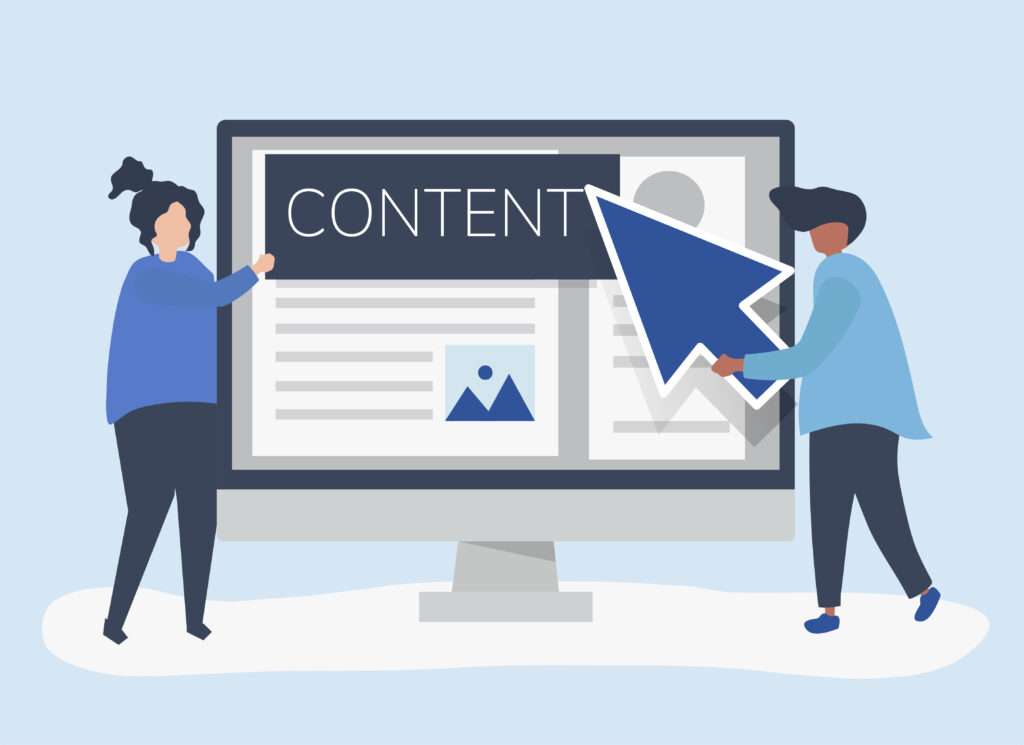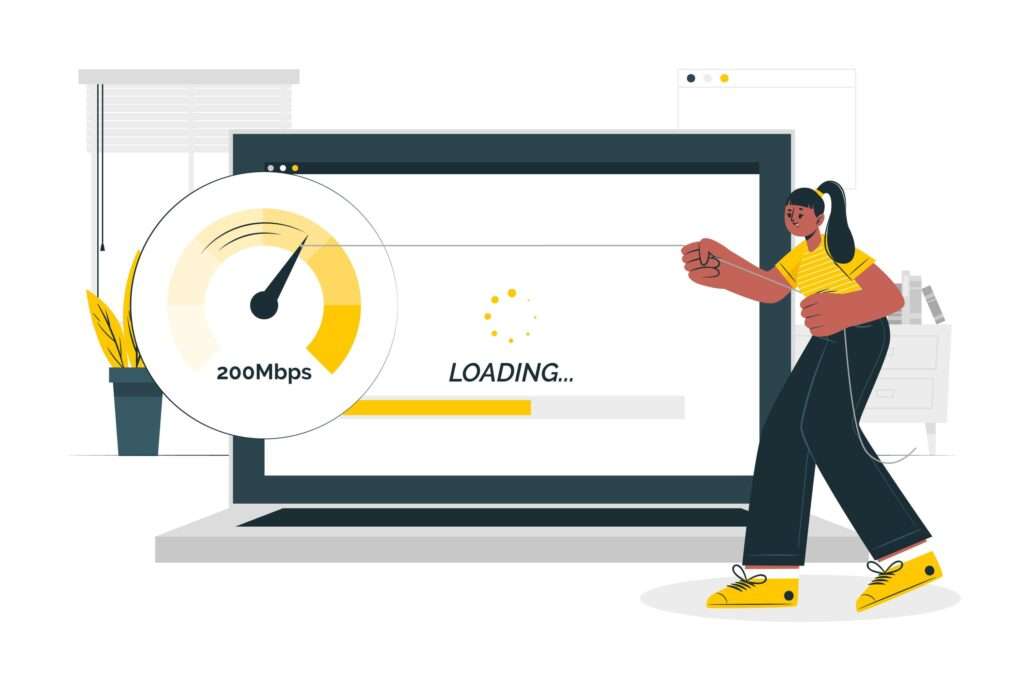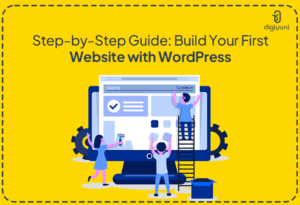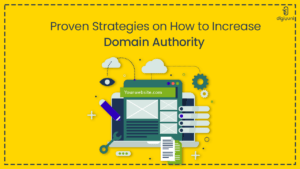
Search Engine Optimization (SEO) is a crucial aspect of digital marketing that helps websites rank higher on search engine results pages (SERPs). Whether you’re a seasoned marketer or a beginner, understanding and implementing effective SEO strategies can significantly boost your online presence. This guide provides actionable SEO tips to enhance your website’s performance and drive more organic traffic.
Conduct Thorough Keyword Research
Keyword research is the foundation of any successful SEO strategy. Use tools like Google Keyword Planner, Ahrefs, and SEMrush to identify the terms your target audience uses. Focus on long-tail keywords, which are more specific and have lower competition, increasing your chances of ranking higher.
When conducting keyword research, think about user intent. Are people looking for information, a product, or a service? Align your keywords with what users are searching for. This helps attract the right audience to your site and improves your chances of converting visitors into customers.

Optimize Your Title Tags and Meta Descriptions
Meta descriptions and title tags are essential for SEO. They help search engines determine the relevancy of your page by summarizing its content. Craft compelling and keyword-rich titles and descriptions to improve your click-through rates.
A good title tag is concise, typically under 60 characters, and includes your primary keyword. Meta descriptions should be about 150-160 characters long and give a brief overview of your page content. Including a call to action in your meta description can also encourage users to click through to your site.
Use Header Tags Effectively
Header tags (H1, H2, H3) organize your content and make it easier for search engines and users to understand the structure of your page. Readability and SEO are improved by using header tags correctly. Ensure your primary keyword appears in at least one header tag.
The H1 tag should contain the main topic of your page, while the H2 and H3 tags can break down the content into subtopics. This structure not only helps with SEO but also improves the user experience by making your content easier to read and navigate.
Create High-Quality, Relevant Content
High-quality, relevant content is key to SEO success make sure the needs and interests of your audience are addressed in your material. Regularly updating your content also signals search engines that your site is active and relevant.
Focus on creating content that provides value to your readers. This could be in the form of informative blog posts, how-to guides, or detailed product descriptions. Use a mix of text, images, and videos to make your content more engaging and to cater to different types of learners.

Optimize Images
Images enhance user experience, but they also need to be optimized for SEO. Use descriptive file names and alt text for your images. Compress images to improve page load speed, which is a ranking factor.
Alt text helps search engines understand what an image is about and can improve your site’s accessibility for users with visual impairments. When naming your image files, use relevant keywords but keep them concise. Images can be compressed without sacrificing quality with the help of tools like TinyPNG.
Improve Website Speed
A fast-loading website is crucial for user experience and SEO. Slow page speeds can lead to higher bounce rates and lower rankings. Use tools like Google PageSpeed Insights to analyze and improve your site speed.
SEO and user experience both depend on a website that loads quickly. Lower ranks and increased bounce rates can result from slow page speeds. To analyze and improve the speed of your website, use tools such as Google PageSpeed Insights. Compressing your site’s content and images can also make a significant difference in load times.

Ensure Mobile Friendliness
It’s important to make sure your website is mobile-friendly with the increasing popularity of mobile devices. Search engine results and user experience are enhanced by responsive design and mobile optimization. Google’s Mobile-Friendly Test can assist you in identifying and solving problems.
A responsive design adapts to all screen sizes, delivering a consistent user experience on all platforms. Ensure that buttons and links are easily clickable on smaller screens and that your content is readable without requiring users to zoom in.
Build High-Quality Backlinks
Search engines are informed that your content is trustworthy and valuable when it has backlinks from trusted sites. Focus on building a strong backlink profile through guest blogging, influencer outreach, and creating shareable content.
When pursuing backlinks, prioritize quality over quantity. A few links from high-authority sites are more beneficial than numerous links from low-quality sites. Guest blogging on reputable sites in your industry can also help you reach a broader audience.
Utilize Social Media
Social media engagement can indirectly boost your SEO. Sharing your content on social media platforms increases visibility and the likelihood of earning backlinks. To develop a committed following and increase website traffic, engage your audience.
Regularly posting on social media helps keep your audience engaged and can lead to more shares and interactions. Social media platforms can also drive referral traffic to your website, which can enhance your overall SEO performance.

Monitor Your SEO Performance
Regularly monitor your SEO performance using tools like Google Analytics and Search Console. Track key metrics such as organic traffic, bounce rate, keyword rankings, and conversion rates. This data helps you refine your SEO strategies and identify areas for improvement.
Set up goals in Google Analytics to track conversions and understand which pages are performing best. Use Google Search Console to monitor your site’s search performance and identify any issues that need to be addressed.
Conclusion
Continuous learning and adaptation are necessary for SEO as it is an ongoing process. By implementing these SEO tips, you can enhance your website’s visibility, drive more organic traffic, and achieve long-term success. Stay updated with the latest trends and continuously optimize your site to maintain a competitive edge







